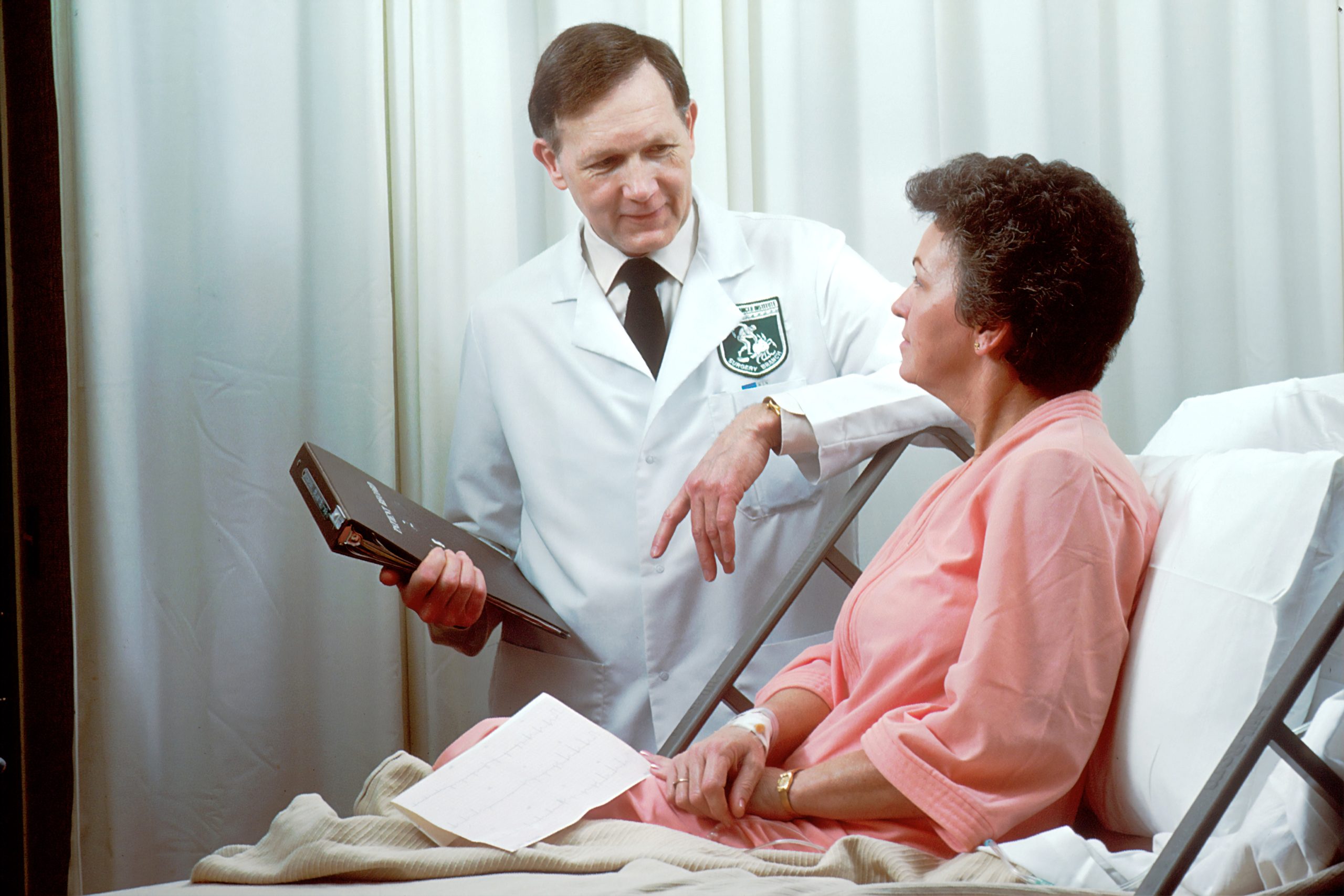RTC has a lot of meaning in different fields, but what is RTC in medical terms? Let us see and discuss this article.
What Is RTC In Medical Terms?
RTC in medical terms stands for “Return To Clinic.” This means that the patient is returning to the doctor’s office or clinic for a follow-up visit. This could be for a variety of reasons, such as to check on the progress of their treatment, to get more medication, or to receive new instructions. In some cases, the patient may need to be seen more frequently than usual if their condition is worsening.
Related Article: What Is WNL In Medical Terms?
What is An RTC Order?
An RTC order is a doctor’s order for a patient to return to the clinic for a follow-up visit. This could be for any number of reasons, such as to check on the progress of their treatment, to get more medication, or to receive new instructions. In some cases, the patient may need to be seen more frequently than usual if their condition is worsening.
If you have an RTC order from your doctor, you must follow it and make sure to schedule your appointment as soon as possible. Missing an RTC appointment can result in your condition getting worse or even lead to hospitalization.
What Is An RTC Visit?
An RTC visit is a follow-up visit to the doctor’s office or clinic. This could be for any number of reasons, such as to check on the progress of their treatment, to get more medication, or to receive new instructions. If a patient’s condition worsens, they may require more frequent visits to the doctor than usual.
The sooner you schedule an appointment after receiving an RTC order from your doctor, the better. If you don’t show up for your scheduled RTC appointment, you run the risk of making your condition worse or even landing in the hospital.
When Should I Schedule An RTC?
It is important to schedule an RTC with your doctor if you are experiencing any of the following:
- Abnormal bleeding
- Persistent pain
- Unusual discharge
- Changes in your breast tissue
- A lump or mass that can be felt through your skin
These symptoms may be indicative of a more serious underlying condition and should be evaluated by a medical professional. Additionally, if you have been diagnosed with cancer, it is important to follow up with your doctor according to the recommended treatment plan. Regular checkups and screenings can help catch any potential problems early on.
Interesting Read: When To Go To ER For Fever?
Risks Of Delaying Your RTC
It’s important to remember that RTC is an important medical procedure and delaying it can be dangerous. Here are some of the risks associated with delaying your RTC:
- Increased risk of heart attack or stroke
- Higher chance of developing blood clots
- Damage to the blood vessels in the brain
- Increased risk of aneurysm or other brain bleeding disorders
- Weakened immune system
- Increased risk of infection
- Difficulty controlling blood sugar levels
- Slow healing process
- Nerve damage
- Joint damage
- Muscle loss
- Decreased mobility
- Depression
- Anxiety
- Sleep disorders
- Weight gain
- Osteoporosis
- Decreased libido
- Fatigue
- Death
It’s important to talk to your doctor about the risks of delaying your RTC and make sure you understand all of the potential dangers. If you have any concerns, be sure to ask questions so that you can make the best decision for your health.
Reads You Might Like: Is Rosacea An Autoimmune Disease?
RTC And Doctor’s Orders

There is a lot of confusion surrounding the term “RTC” in medical terms. RTC stands for “Return to Clinic.” This is an order from a physician that allows a patient to return to their regular place of care, whether that’s a hospital, nursing home, or another type of facility.
The main thing to remember about RTC orders is that they are not discharged orders. Patients who have received RTC orders can still be seen by their physicians and should continue to receive the same level of care as before. If you have any questions about what an RTC order means for your loved one, be sure to ask their doctor.
Difference Between RTC And Discharge
RTC is an abbreviation for “Return to Clinic.” This means that the patient is returning to the clinic for follow-up care after being discharged.
Discharge, on the other hand, is when the patient is no longer receiving care at the clinic and is released from the facility.
What Does RTC Mean In Terms Of Patient Care?

In medical terms, RTC stands for “Return to Clinic.” This means that a patient who was previously discharged from a medical facility is returning for follow-up care. In some cases, patients may be discharged but still require ongoing care from their physicians. In this case, they would return to the clinic regularly for check-ups and treatments.
However, if a patient is discharged and no longer requires any care from the facility, they are considered to be “discharged.”
Why Would A Patient Return To The Clinic?
There are several reasons why a patient may return to the clinic after being discharged. In some cases, the patient’s condition may have worsened or they may have developed new symptoms.
In other cases, the patient may simply need to be seen for a follow-up appointment to make sure that their condition is improving. In either case, the decision to return to the clinic is made by the physician and is based on the needs of the patient.
RTC And Discharge Planning
Discharge planning is the process of organizing a patient’s transfer from one level of care to another. This can include discharge from a hospital to home, from a skilled nursing facility to home, or from one nursing home to another.
RTC orders are just one part of the discharge planning process. Other important factors to consider when discharge planning include the patient’s medical needs, their ability to care for themselves, and their living arrangements.
If you are responsible for discharge planning for a loved one, be sure to ask their doctor about RTC orders and what they mean for the next steps in their care.
Good Read: Why Do Doctors Have Bad Handwriting?
Difference Of RTC In Other Fields

In other fields, RTC may also refer to:
– In the military, RTC stands for “Return to camp.” This is when an individual leaves their current duty station and returns to their home base.
– In law enforcement, RTC stands for “Rape Trial Continuance.” This is when a rape trial is postponed so that the victim can have more time to prepare.
– In education, RTC stands for “Response to Intervention.” This is a process in which teachers provide extra help to students who are struggling academically.
– In business, RTC stands for “Real-Time Computing.” This refers to computer systems that can update information as it changes.
As you can see, the term “RTC” can mean different things in different fields. Be sure to ask for clarification if you’re ever unsure about what an RTC order means in a particular context.
Final Thoughts
RTC orders are usually given to patients who are returning to the clinic for follow-up care after being discharged. In some cases, patients may be discharged but still require ongoing care from their physicians. In this case, they would return to the clinic regularly for check-ups and treatments. However, if a patient is discharged and no longer requires any care from the facility, they are considered to be “discharged.”
If you’re responsible for discharge planning for a loved one, be sure to ask their doctor about RTC orders and what they mean for the next steps in their care.
